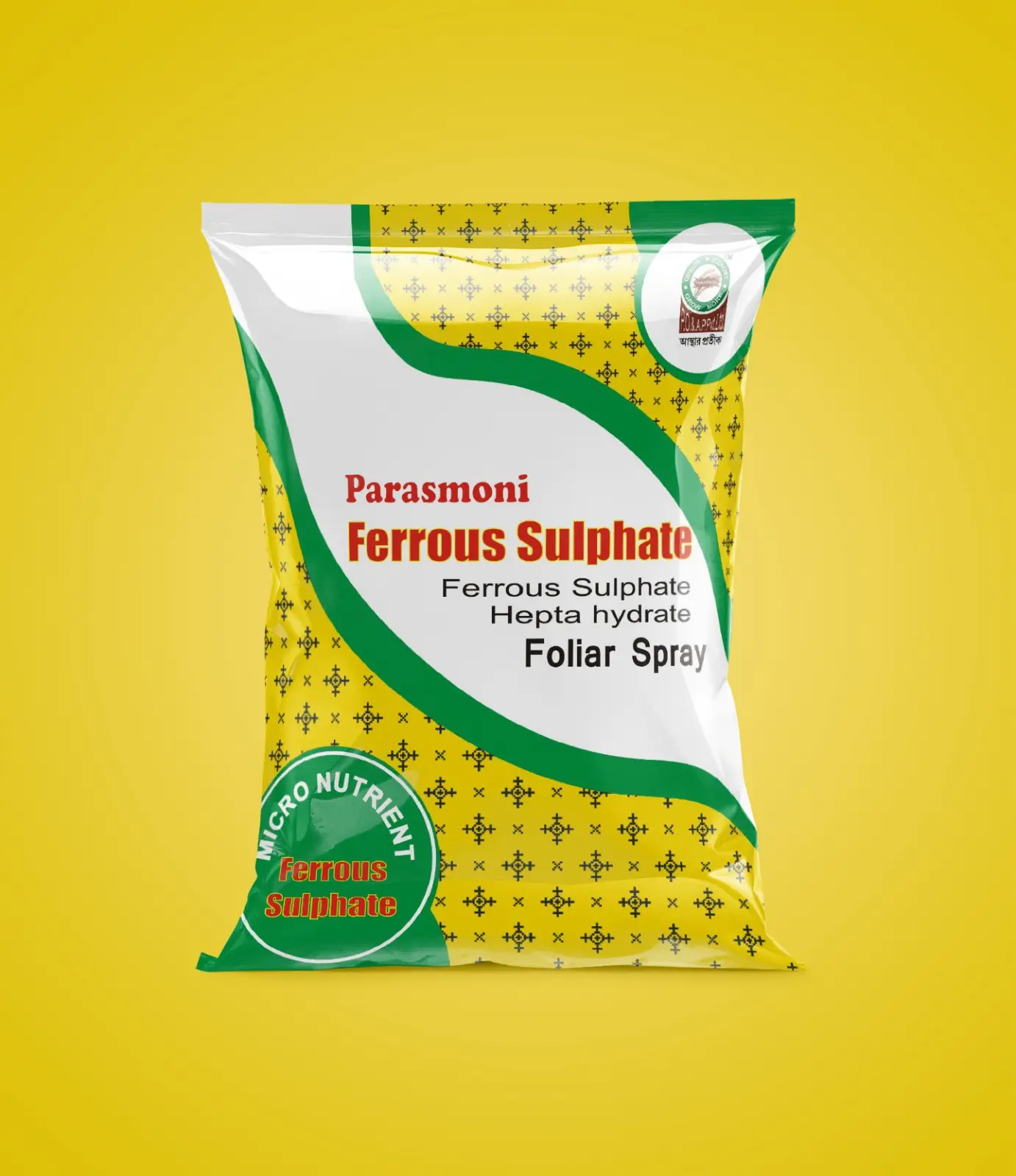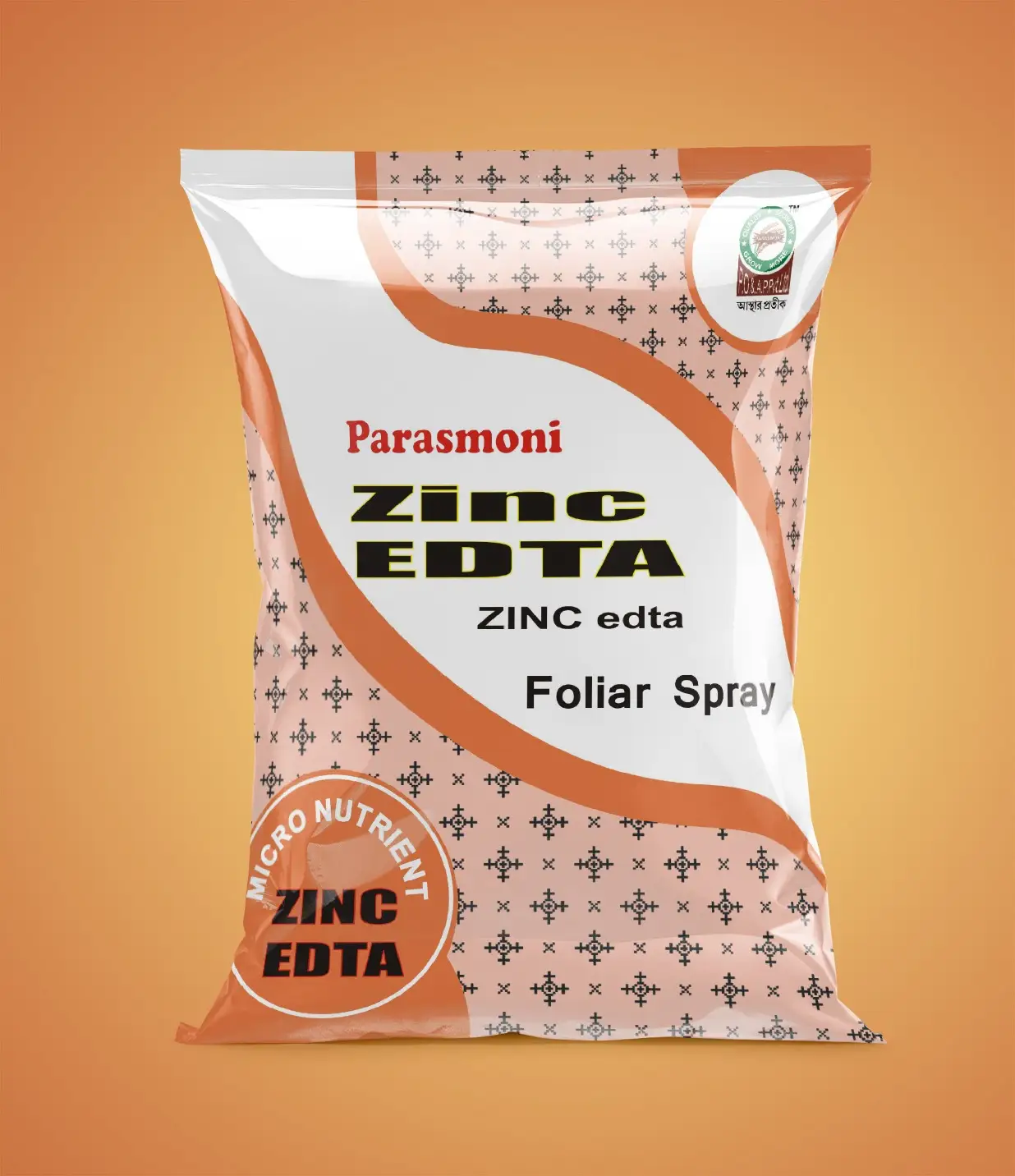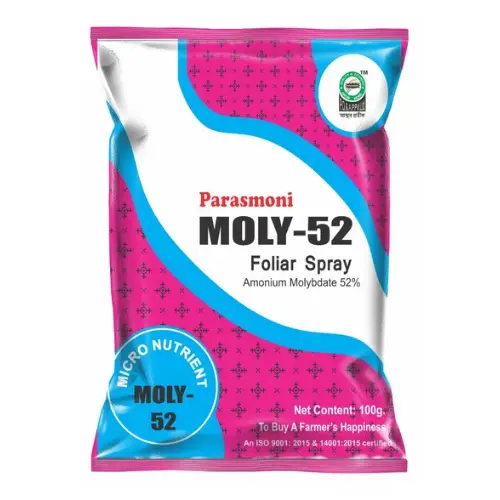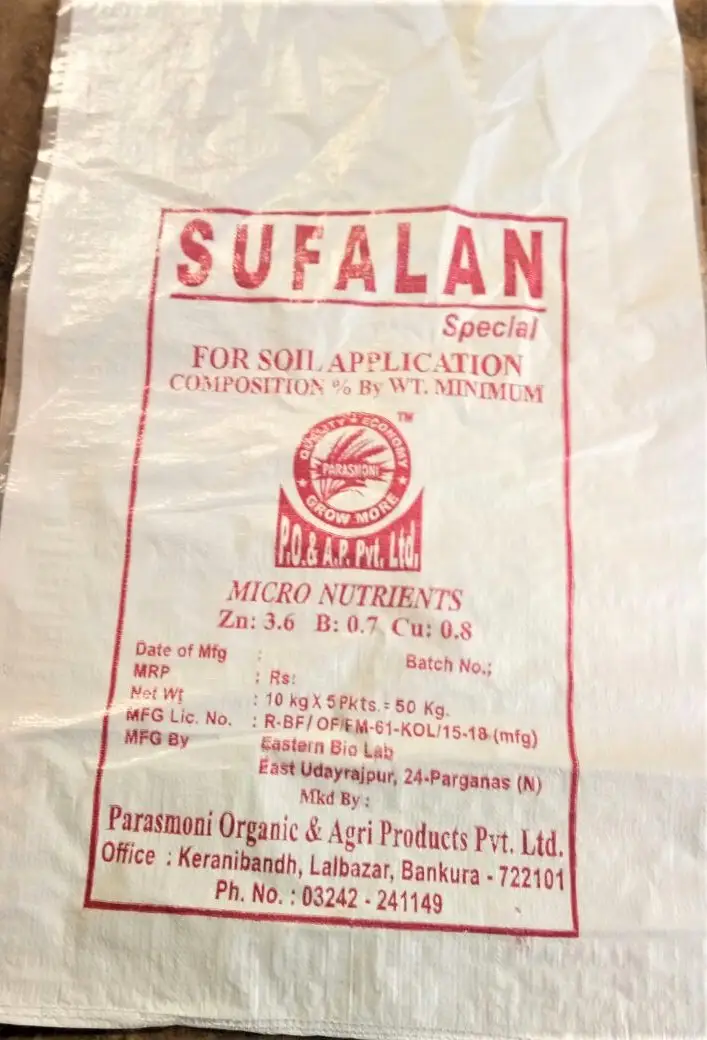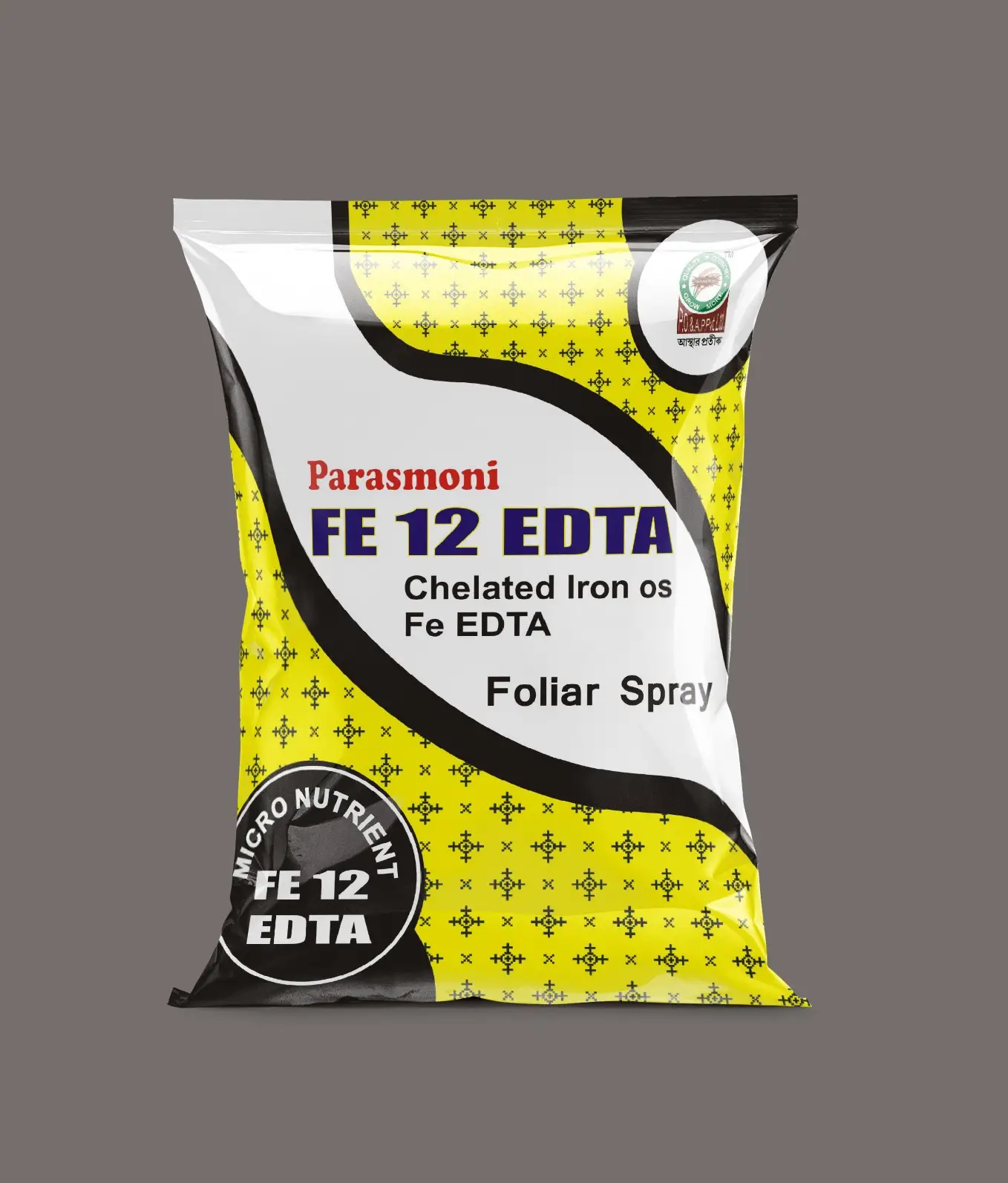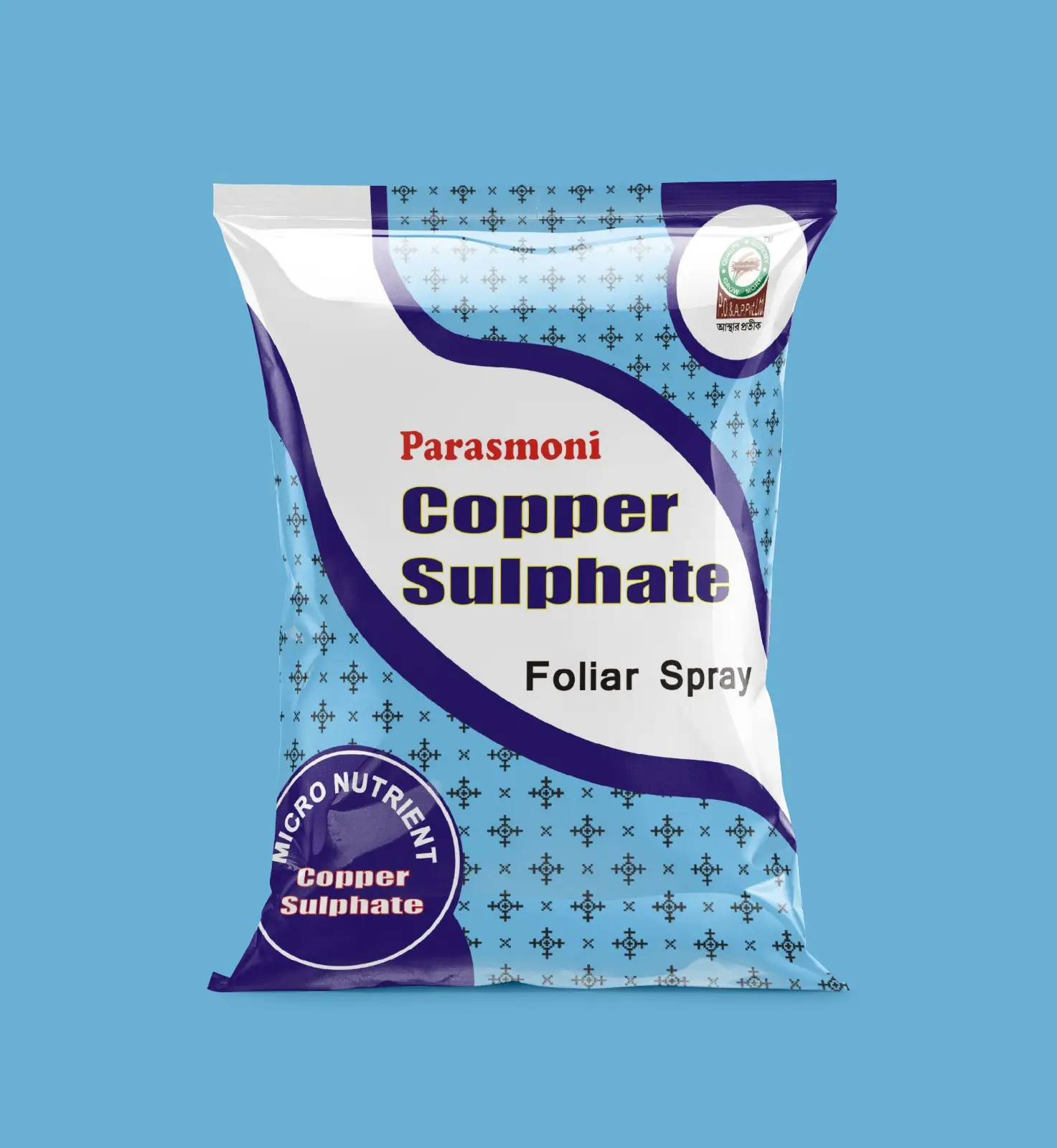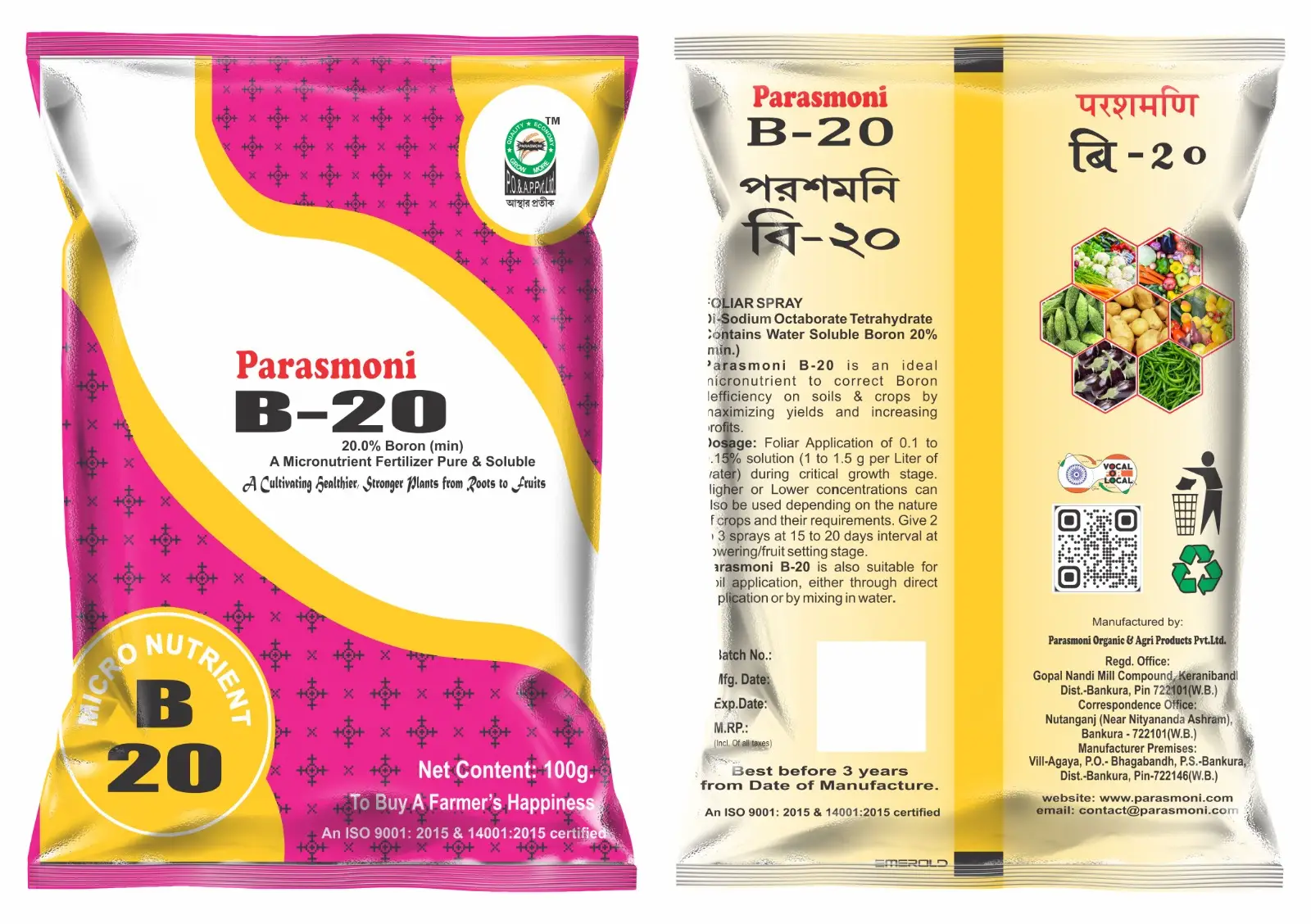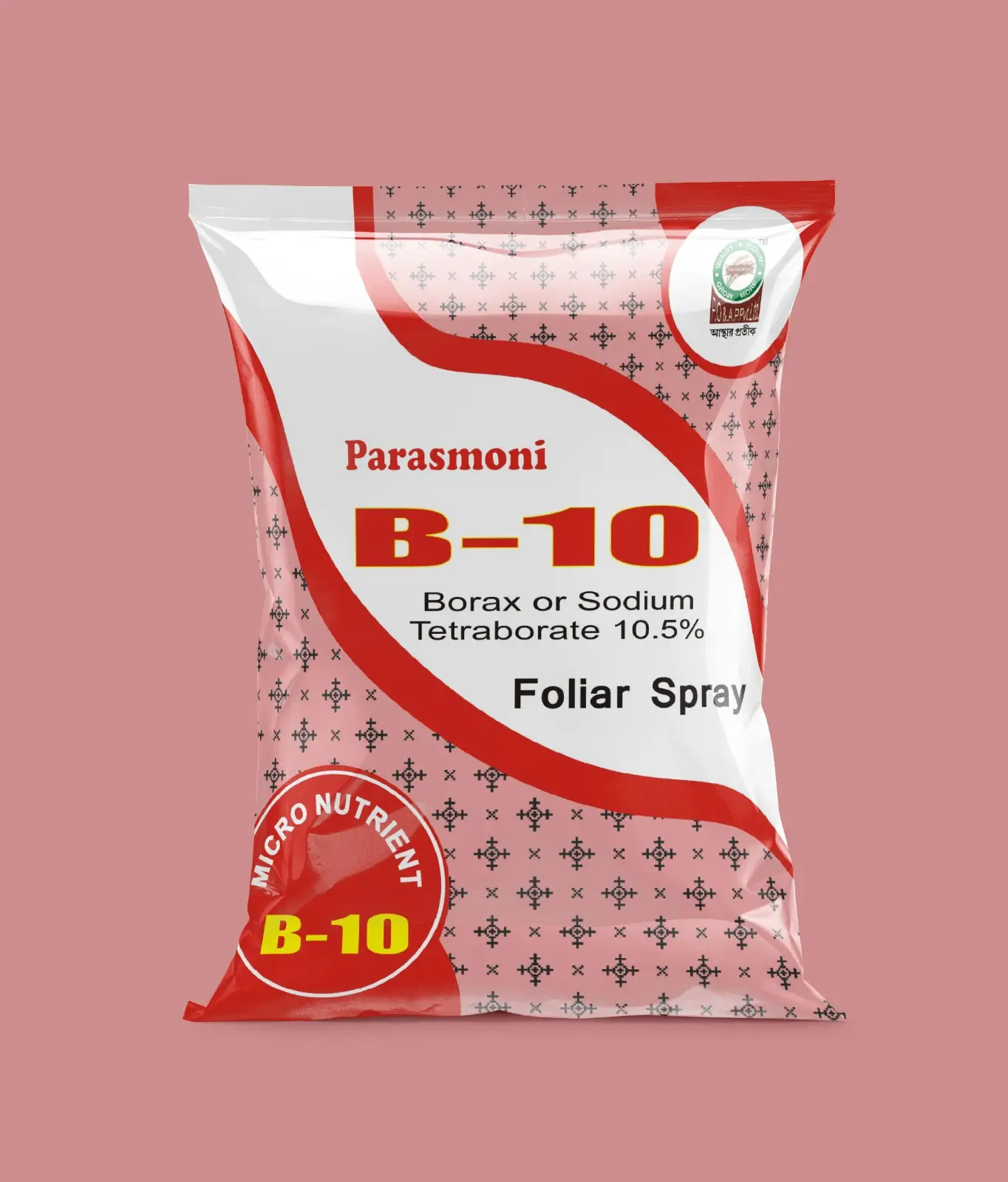Ferrous Sulphate Micronutrient in Crop Growth
Introduction:
Ferrous sulphate Micronutrient, also known as iron(II) sulphate, is an important micronutrient used in agriculture to promote healthy crop growth. It is an inorganic compound with the chemical formula, consisting of iron (Fe), sulfur (S), and oxygen (O). Iron is a critical element for plant life, playing a key role in various physiological and biochemical processes.
Importance of Iron in Crop Growth:
Plants require iron as an essential micronutrient for several key functions.
- Chlorophyll Synthesis: Iron is crucial for the synthesis of chlorophyll, the green pigment in plants responsible for photosynthesis, which is the process by which plants convert sunlight into energy.
- Enzyme Activation: Iron acts as a cofactor for many enzymes involved in electron transport, respiration, and energy production.
- Nitrogen Fixation: Iron in legumes helps convert atmospheric nitrogen into a form that plants can utilize during the nitrogen-fixing process.
Iron Deficiency in Crops:
Iron deficiency is a common problem in many soils, particularly in calcareous or alkaline soils, leading to various growth issues in crops:
- Chlorosis: The most common symptom of iron deficiency is interveinal chlorosis, where the leaves turn yellow while the veins remain green. This is due to reduced chlorophyll production.
- Stunted Growth: Iron-deficient plants often exhibit reduced growth and poor development due to impaired photosynthesis and energy production.
- Low Yield: Iron deficiency can result in lower crop yields and poor-quality produce.
Ferrous Sulphate as a Micronutrient Fertilizer:
Ferrous sulphate is widely used to correct iron deficiency in crops. It is available in several hydrated forms, with ferrous sulphate heptahydrate being the most common. This form contains about 20% iron and is soluble in water, making it readily available for plant uptake.
Application and Benefits of Ferrous Sulphate Micronutrient:
Ferrous Sulphate Micronutrient can be applied to crops in various ways, depending on the specific needs and soil conditions:
- Soil Application: Mixed with the soil before planting or as a top dressing. This is the most common method of application and is particularly effective in acidic soils where iron is more available.
- Foliar Application: Sprayed directly onto the leaves for quick absorption. This method is useful for rapid correction of iron deficiency and can help plants recover more quickly.
- Fertigation: Applied through irrigation systems to provide a consistent supply of iron to plants throughout the growing season.
Benefits of Ferrous Sulphate Micronutrient in Agriculture:
- Improved Photosynthesis: By providing adequate iron, ferrous sulphate ensures the efficient production of chlorophyll, leading to better photosynthesis and energy production in plants.
- Correction of Iron Deficiency: Ferrous sulphate is highly effective in preventing and correcting iron deficiency, reducing the risk of chlorosis and stunted growth.
- Increased Crop Yield: Adequate iron nutrition contributes to higher yields and better-quality crops, with healthier and more vigorous growth.
- Cost-Effective Solution: Ferrous sulphate is an affordable and widely available micronutrient fertilizer, making it a practical choice for farmers.
Conclusion:
Ferrous sulphate is a valuable micronutrient fertilizer that plays a crucial role in ensuring the healthy growth and development of crops. By providing essential iron, it supports critical processes like chlorophyll synthesis and enzyme activation, leading to more robust and productive plants. Regular use of ferrous sulphate in agriculture helps prevent and correct iron deficiency, contributing to higher yields and better-quality produce, making it an important tool for sustainable farming practices.





